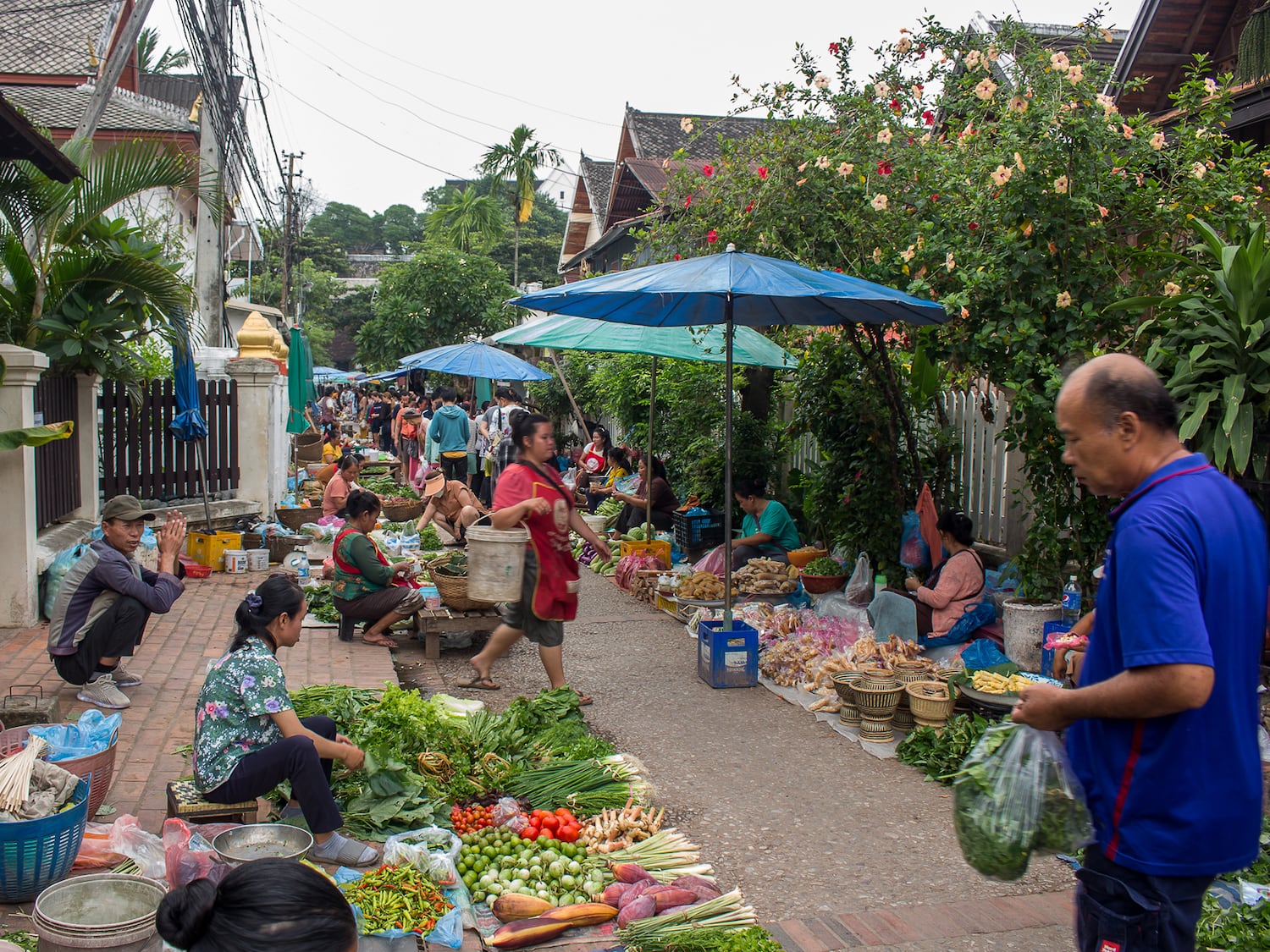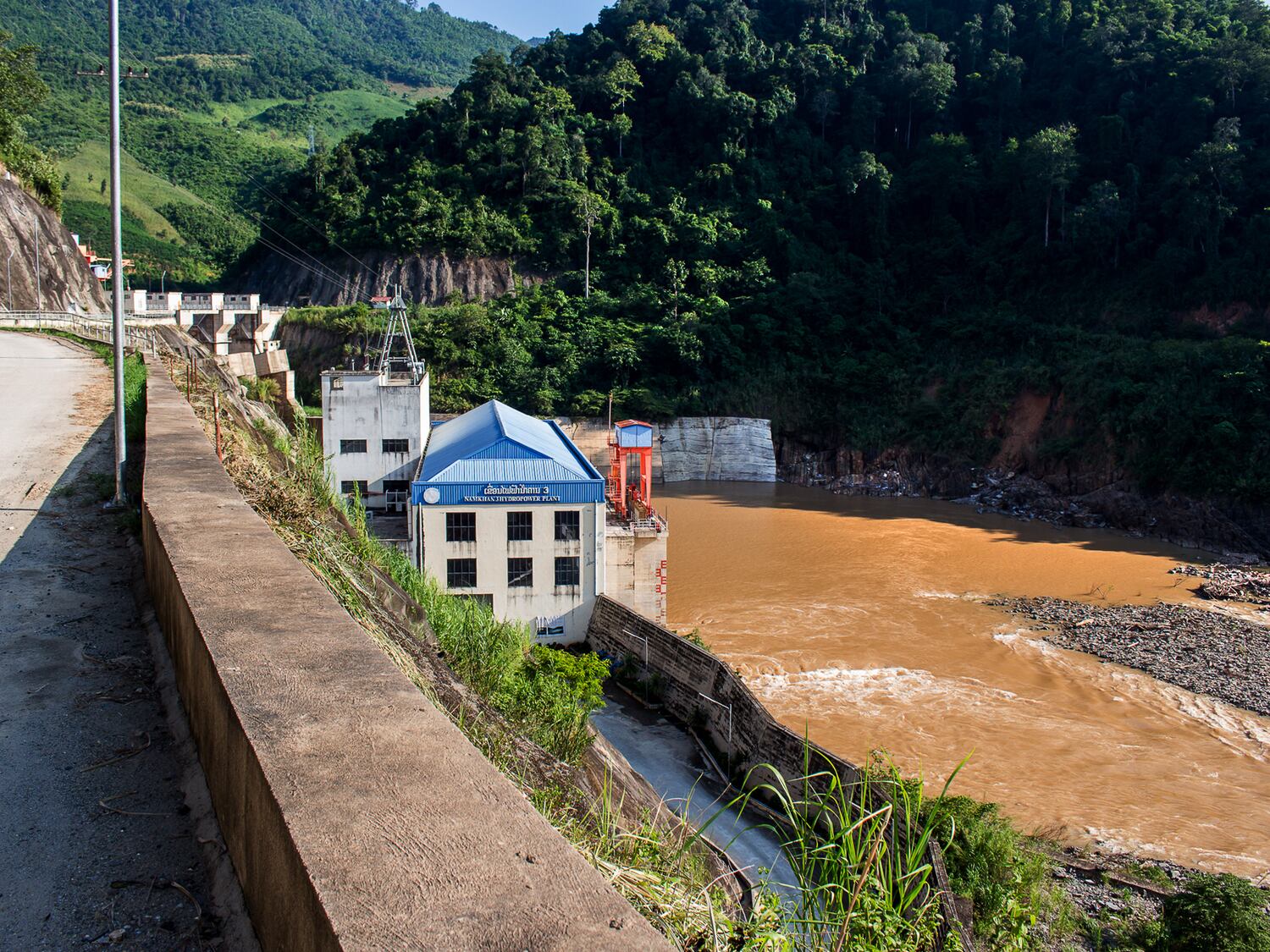At least 371 families displaced by the construction of the Laos-China Railway project, completed three years ago, have yet to receive full compensation after refusing to accept what they say are inadequate offers from the Lao government.
The families, who mostly live in the capital of Vientiane, were forced from their land by the project, part of Chinese President Xi Jinping’s “Belt and Road Initiative” of infrastructure development linking China to its neighbors.
Khamphan Phommathat, the president of Laos’ State Inspection Authority, confirmed that the 371 families remain uncompensated at a meeting of the Lao National Assembly last week, noting that the government had already paid US$83 million to 6,504 of 6,875 families affected by the project.
“The reason why the issue remains unsolved is because the government and affected families still cannot agree on the calculation of a unit price for their houses, farmland, and trees lost to the project, while in other cases, some families simply can’t accept the unit price offered by the government,” he said.
RELATED STORIES
Some villagers in Vientiane holding out for higher Laos-China railway payout
Lao villagers unhappy with compensation as SEZ development begins
Four months on, Lao farmers awaiting Chinese developer compensation
In August last year, residents told RFA that they had been offered 80,000 kip (US$4.10) per meter, but were asking for 150,000 kip (US$7.70) per meter.
The US$6 billion railway connecting the two Communist neighbors opened in December 2021. The World Bank projected that it would boost tourism, freight transport and trade in agriculture.
The line runs from Vientiane into northern Laos, passing through 10 stations in the country, including the major tourist draw of Luang Prabang and the Chinese border town of Boten. It ends in Kunming in the southwestern Chinese province of Yunnan.
It’s the first railroad to penetrate any distance into Laos, a country whose transport infrastructure has long been constrained by poverty, mountainous terrain and sparse population.

But the project has been criticized for displacing several thousand farmers from their land. Many have faced long delays in getting reimbursement for their lost property, as others have been shortchanged in the payments they did receive.
Speaking to RFA, an official who is involved in compensation negotiations said that the primary reason for the delay is because the government is low-balling residents.
“There will be an increase to the previously offered unit price that [the government] agreed to,” said the official, who spoke on condition of anonymity because he was not authorized to discuss the situation with the media. “However, many years have already passed and the economic situation [in Laos] has shifted, so it looks like the offered unit price is too low.”

Another official working on the compensation issue, who also declined to be named, echoed the assessment that the government’s offering is too low.
“The National Assembly already approved the unit price for compensation, but in practice families affected see it as too low and won’t agree to accept it,” he said. “The government also cannot agree to the unit price that affected families proposed. The only thing the government can do is to push villagers to accept its offer.”
There is currently no projection for when the compensation scheme will be complete, but the State Inspection Authority’s Khamphan Phommathat told the National Assembly that the government will do its best to finalize the offer’s unit price.
“We will continue to push in order for people to get compensation from what they already lost to the Laos-China railway project,” he said.
Translated by Phouvong. Edited by Joshua Lipes and Malcolm Foster.
This content originally appeared on Radio Free Asia and was authored by RFA Lao.
This post was originally published on Radio Free.